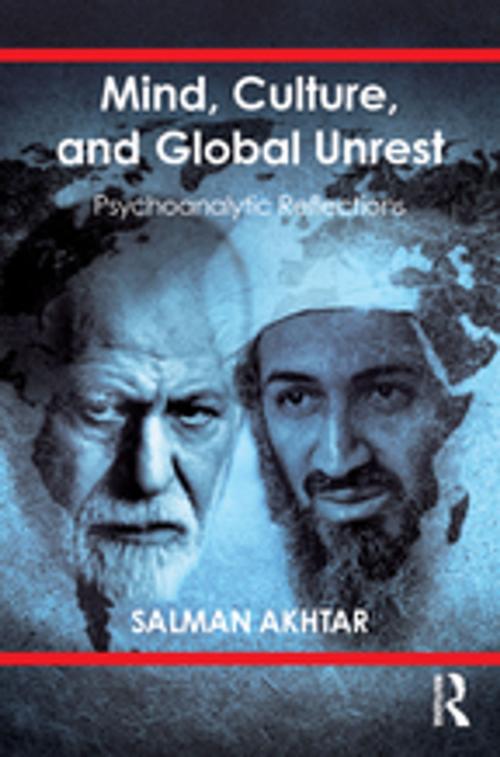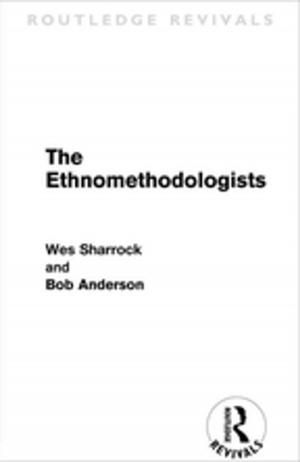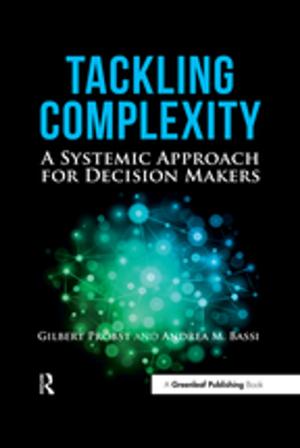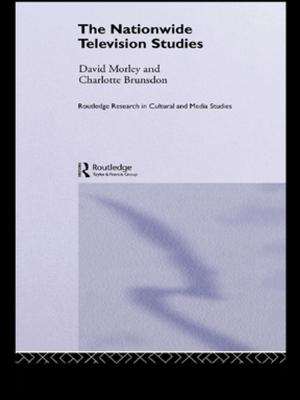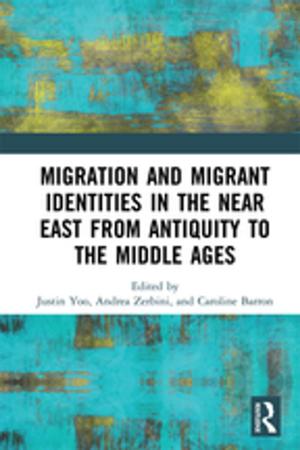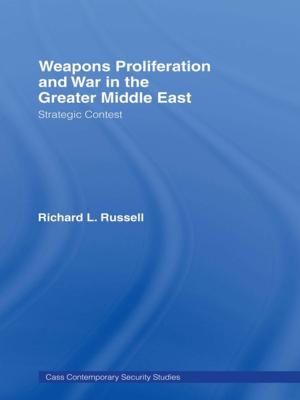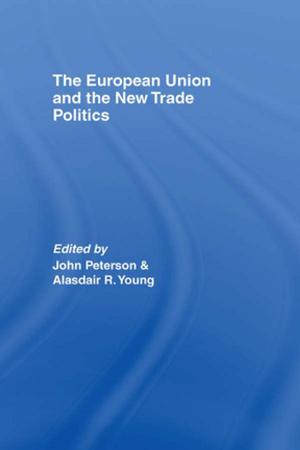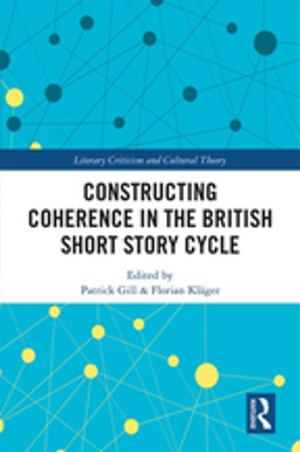Mind, Culture, and Global Unrest
Psychoanalytic Reflections
Nonfiction, Health & Well Being, Psychology, Mental Health| Author: | Salman Akhtar | ISBN: | 9780429883200 |
| Publisher: | Taylor and Francis | Publication: | March 15, 2018 |
| Imprint: | Routledge | Language: | English |
| Author: | Salman Akhtar |
| ISBN: | 9780429883200 |
| Publisher: | Taylor and Francis |
| Publication: | March 15, 2018 |
| Imprint: | Routledge |
| Language: | English |
In this compact and pithy book, the distinguished and prolific psychoanalyst Salman Akhtar steps out of his consulting room to address certain matters of urgent global concern. These include migration across national borders, the current refugee crisis, ethno-racial prejudice, subjective distress of minorities, and, above all, the forever-present ominous shadow of terrorism. Akhtar evolves and advocates a uniquely 'anthropological psychoanalysis' which is a blend of depth psychology and humanities, including sociology, economics, political science, history, and , of course, anthropology. He deconstructs what seems self-evident and confronts his readers with some socio-politically unpleasant realities, both within psychoanalysis and in the prevalent perspectives on the on-going turmoil and bloodshed in today's world. His book is not all doom and gloom, however. It also delineates ameliorative strategies for dealing with the pain of the disenfranchised and the misguided violence of the radicalized. This is applied psychoanalysis at its best.
In this compact and pithy book, the distinguished and prolific psychoanalyst Salman Akhtar steps out of his consulting room to address certain matters of urgent global concern. These include migration across national borders, the current refugee crisis, ethno-racial prejudice, subjective distress of minorities, and, above all, the forever-present ominous shadow of terrorism. Akhtar evolves and advocates a uniquely 'anthropological psychoanalysis' which is a blend of depth psychology and humanities, including sociology, economics, political science, history, and , of course, anthropology. He deconstructs what seems self-evident and confronts his readers with some socio-politically unpleasant realities, both within psychoanalysis and in the prevalent perspectives on the on-going turmoil and bloodshed in today's world. His book is not all doom and gloom, however. It also delineates ameliorative strategies for dealing with the pain of the disenfranchised and the misguided violence of the radicalized. This is applied psychoanalysis at its best.
